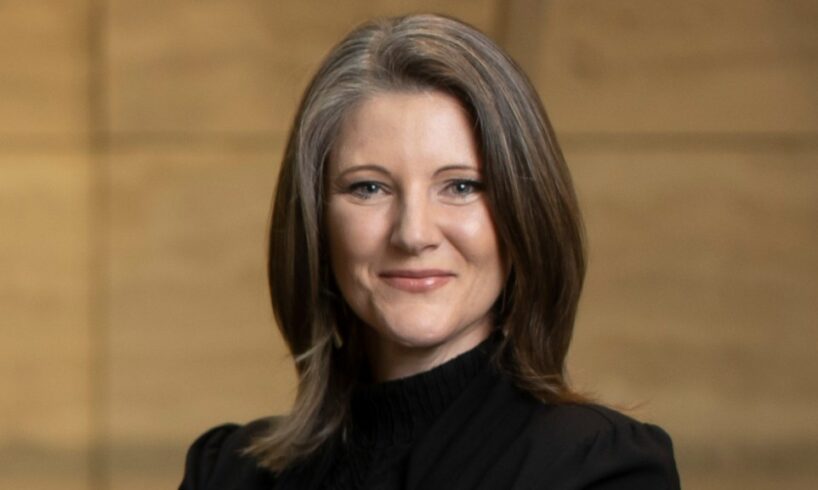
The federal government is backing three medtech incubators with nearly $100 million in grant funding, in the hopes of helping Australia’s next great healthcare innovators bring their products to market.
Brandon BioCatalyst, Biointelect, and ANDHealth have each secured funding for new incubator programs, supporting startups as they commercialise proof-of-concept projects.
The funding comes as part of the Medical Research Future Fund (MRFF) and its $450 million Medical Research Commercialisation Initiative.
Minister for Health and Ageing Mark Butler said the funding will help the next generation of medtech innovators build their businesses at home.
“The MRFF Commercialisation Initiative is designed to ensure those great ideas stay in Australia, building our medical manufacturing sector,” he said, in a statement provided to SmartCompany.
Boosting those incubators will assist researchers “whose ideas can bring better health outcomes for Australians and people around the world,” he said.
ANDHealth will receive $33 million for its Accelerating Evidence-based Digital and Connected Health Technologies program.
Bronwyn Le Grice, CEO of ANDHealth, said it will provide non-dilutive funding and support to startups developing digital health solutions.
The growing sector includes connected and wearable devices, telehealth systems, precision medicine, and health information technology.
Startups focused on those technologies might face very different challenges to ‘traditional’ healthcare companies, said Le Grice.
Related Article Block Placeholder
Article ID: 311033
“We’re seeing emerging regulation around software-enabled and software-based medical products, services, or medical devices,” she told SmartCompany.
“But they actually face different commercialisation challenges to, say, a drug development project, which has a very clear clinical evidence path.”
With its new grant funding, ANDHealth is poised to help local startups navigate those challenges while exposing them to broader investment opportunities.
“We wrap advisory panels around them, we introduce them to our international advisors, we get them access to clinical trials or markets overseas,” said Le Grice.
“We support them to run the clinical and commercial evidence-gathering that they need to get to those enterprise customers and those institutional investors.”
An earlier MRFF funding round saw the ANDHealth+ incubator program back startups like Baymatob, which is developing sensors that provide advance warning of postpartum hemorrhage.
At-home genetic testing company Eugene is another part of the ANDHealth+ portfolio, with the startup going on to secure funding from insurance giant Bupa earlier this year.
And Atmo Biosciences, an ANDHealth+ alum developing ingestible capsules to assess gut health, last month secured US FDA clearance to market and sell its product.
Le Grice expects more AI-powered medtech startups to take off in the coming years, and says ANDHealth is ready to support evidence-based innovators as regulation develops.
Tools making diagnoses or clinical claims with the help of AI “will take a while to get to market”, she said, but AI-powered systems have already “really started to transform” the operational and administrative side of healthcare.
ANDHealth plans to open applications for its newest program in late September.





